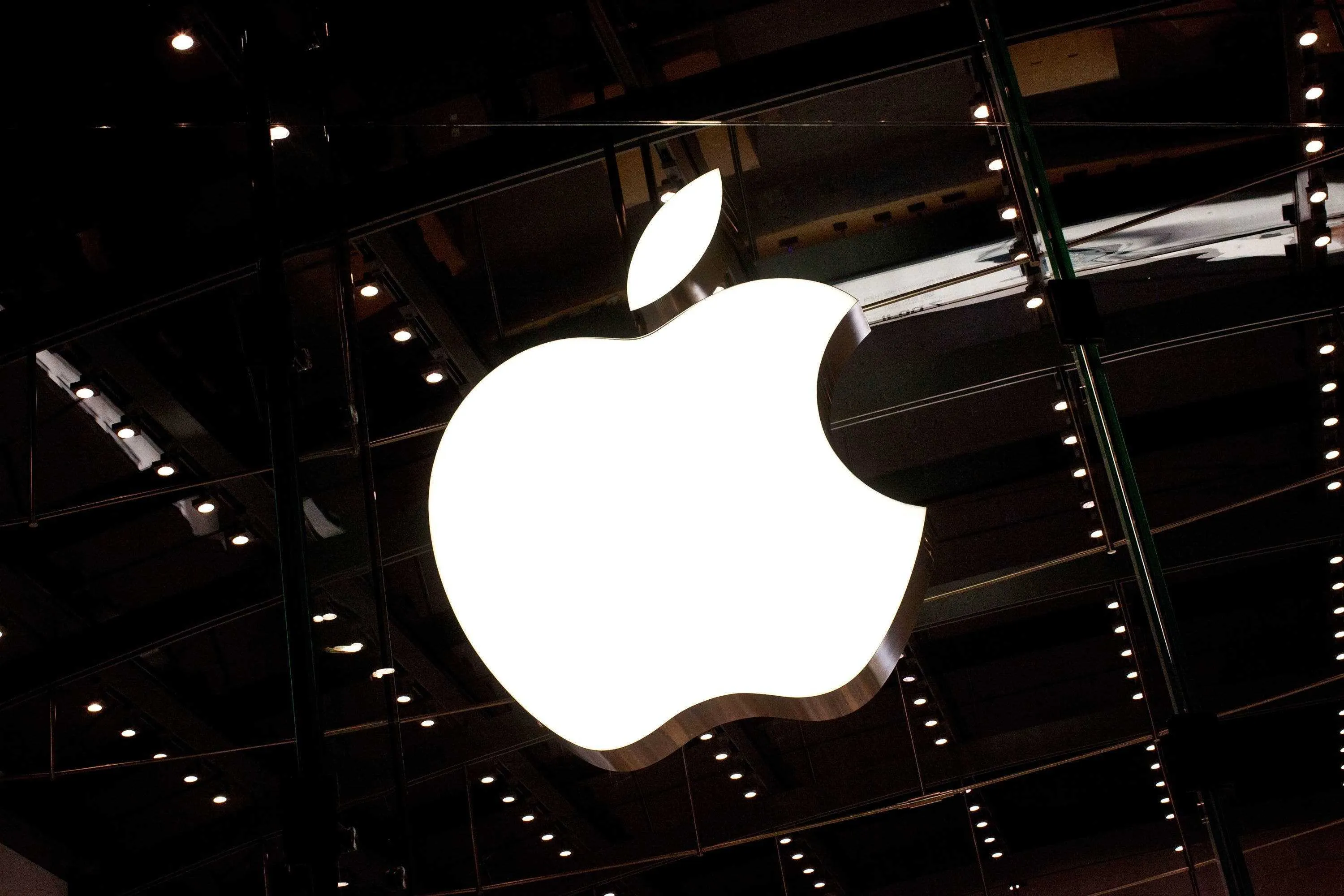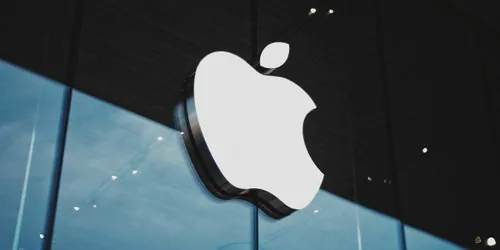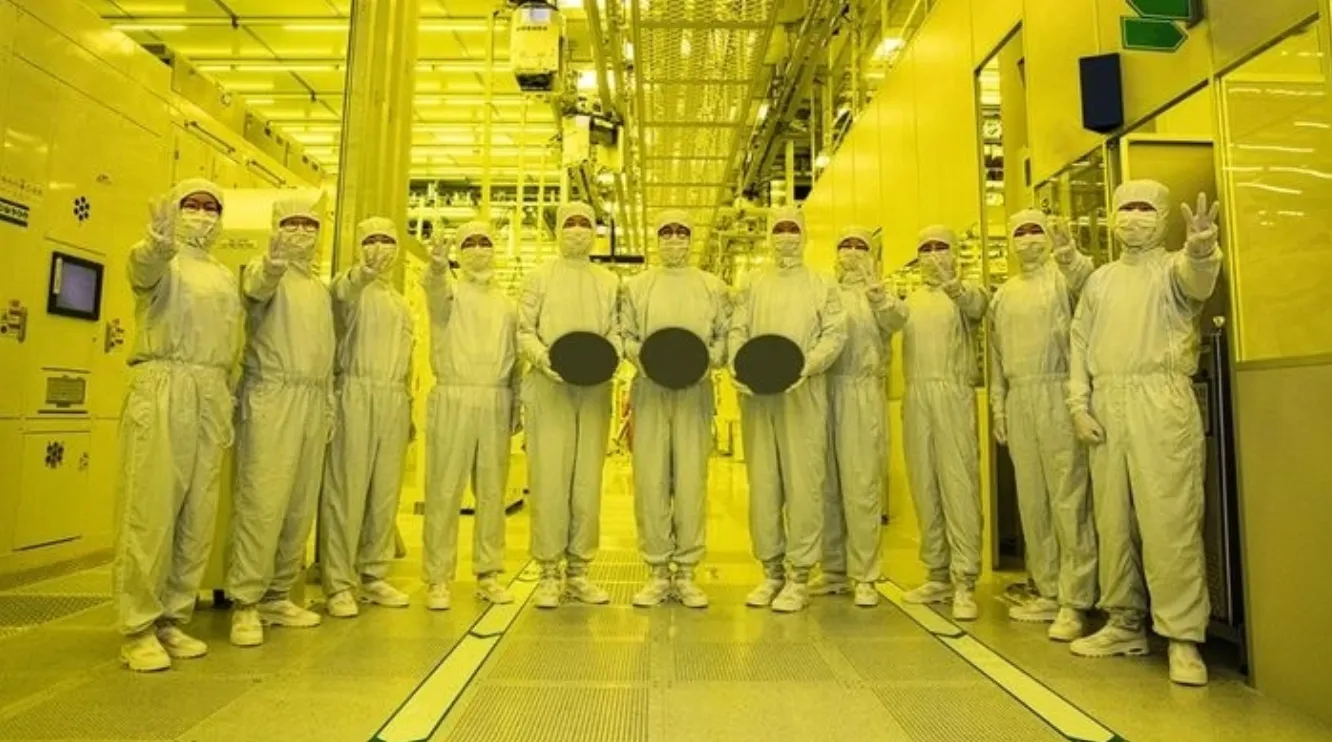
Apple, the tech giant known for its innovative products and services, has been making headlines recently due to its alleged collection of a staggering $40 billion in "Apple tax" from the Chinese market annually. This figure, reported by Kuai Technology, has sparked a debate about the fairness of Apple's tax practices and its impact on consumers. Apple's CEO, Tim Cook has repeatedly said that China is one of the most important markets for the company. Of course, China is the largest smartphone market in the world. Thus, any smartphone brand will compete hard to claim China. However, why are Apple's commissions in China higher despite the importance of the market Apple?

Image Credit: Shiftdelete
What is Apple Tax?
Apple Tax is the "controversial" 30% commission that the company charges on in-app purchases and subscriptions. This levy has sparked significant debate within the app development community. This policy requires developers to pay a 30% fee on all in-app transactions made through iOS apps downloaded from the App Store. While Apple defends this commission as necessary to cover the costs of maintaining the App Store infrastructure and supporting developers, critics argue that it represents an unfair burden on their revenue streams. The commission applies specifically to purchases that enhance the app experience and are made within the app itself, excluding transactions conducted outside the app ecosystem.
Some companies have sought to circumvent the 30% fee by directing users to make purchases outside of the app, a practice that Apple has actively discouraged and penalized. This has led to conflicts between Apple and major players like Netflix and Spotify, who have chosen to avoid in-app purchases altogether to sidestep the commission. Apple's enforcement of this policy has faced backlash from developers, with notable cases such as Epic Games and Basecamp openly challenging the commission structure. The company's strict stance on in-app purchases has also drawn regulatory scrutiny, with antitrust investigations launched in both the EU and the US to examine the fairness and competitiveness of Apple's App Store practices.
In response to mounting pressure, Apple introduced the Small Business Program in 2021, offering a reduced 15% commission rate for developers earning under $1 million annually. This initiative aims to support smaller developers. However, the standard 30% commission remains in place for larger app creators and established companies.
Apple's Revenue and Profit Margins
According to Apple's financial report for fiscal year 2023, the company's total revenue reached $383.3 billion, with the service business accounting for $85.2 billion, or 22% of the total revenue. Interestingly, the gross profit margin of products such as iPhone and iPad is 36.5%, while the gross profit margin of service revenue reaches 70.8%, nearly twice that of hardware products.

Image Credit: latestalert
Tax Rates Across Regions
The report suggests that the Chinese market is currently the only country among Apple's top three revenue sources that do not have any specific "Apple tax" preferential rates. In China, the tax rate for "standard enterprises" is set at 30%, while the tax rate for small enterprises is 15%. In comparison, the adjusted tax rates in the United States are 27% and 12%, in the European Union are 17% and 10%, and in South Korea are 26% and 11%, all of which are lower than China's charging standards.
The controversy surrounding the "Apple tax" has been a global issue, with antitrust investigations into Apple in various regions around the world forcing the company to relax its tax practices. In the EU and US markets, the debate over the "Apple tax" has never stopped, with consumers and regulators alike questioning the fairness of Apple's tax policies.
The high "Apple tax" in China has led to concerns about the affordability of Apple products for consumers. Some netizens have even questioned why Apple users in China do not resist the high prices caused by the "Apple tax". The report suggests that the tax burden ultimately falls on consumers, making products on the Apple platform more expensive.
Why is Apple's commission still at 30% while other regions have 27% or less?
On like other markets where the competition is low or average for Apple, in China, the competition is intense. Apple needs to make a profit and it will do so with its available resources. The company can afford to slightly reduce the Apple Tax rates in the U.S., Europe and a few other regions because it has a firm grip on these markets. Even if it loses money from the commission reduction, it will sell more phones and still make money. We can not say the same for the Chinese market. Apple's smartphone shipment in China is even reducing. This means that any reduction in the commission rate will be a huge loss for the company.

Conclusion
Apple's tax practices, particularly the controversial "Apple tax," have been a subject of intense scrutiny and debate globally. The company's imposition of a 30% commission on in-app purchases and subscriptions has sparked conflicts with developers and regulatory bodies, leading to investigations into the fairness of Apple's App Store policies. Despite facing backlash, Apple has defended this commission as necessary for maintaining the App Store infrastructure. The introduction of the Small Business Program, offering a reduced commission rate for smaller developers, reflects Apple's attempt to address concerns about fairness.
In China, where the tax rates are higher compared to other regions, the impact of the "Apple tax" on consumers has raised affordability concerns. The competitive landscape in China adds complexity to Apple's pricing strategies, making it challenging for the company to reduce commissions without risking profitability. As Apple continues to navigate these challenges, the global focus on its tax practices underscores the importance of transparency and fairness in multinational corporations' operations. The ongoing debates and investigations highlight the need for greater accountability and regulation in the tech industry to ensure a level playing field for all stakeholders.
Popular News
Latest News
Loading






